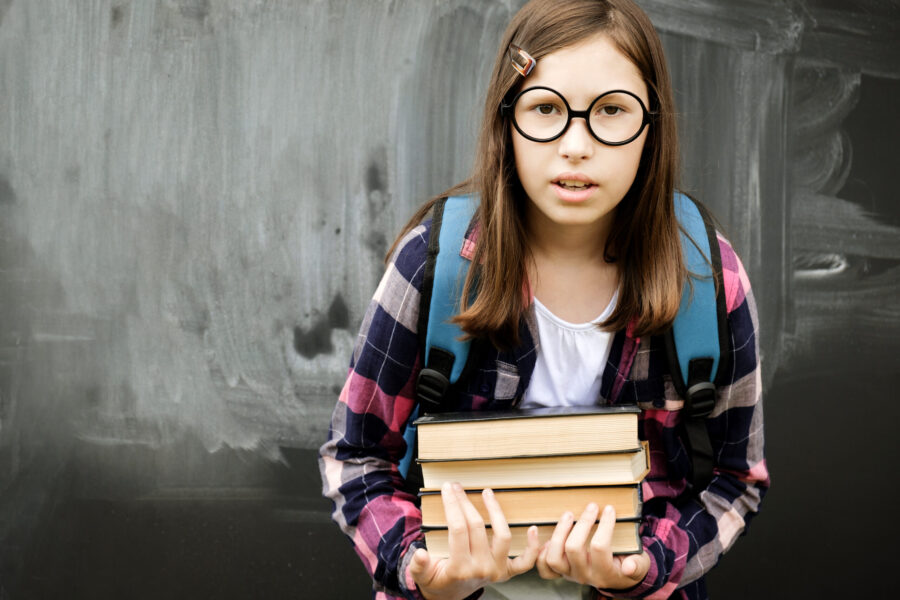Are After-School Activities Hurting Our Kids?
High school students are busier than ever, from morning till night, their afternoons full of an array of afterschool activities often deemed necessary to “get into a good college.”
With the increasing competition for college admission, parents invest significant amounts of money in these activities, exacerbating socioeconomic gaps between those who can and cannot afford such extracurriculars.
But are those activities actually doing any good? A new study has found that not only are these “enrichment” activities (tutoring, sports, school clubs, and even homework) not helping teens academically, they may actually be harming them in other ways, according to an article in U.S. News and World Report.
Many students are maxed out
Plenty of people assume extra study time or tutoring will improve grades, but the new study “shows many students are at their limit,” according to researcher Carolina Caetano, an assistant professor of economics with the University of Georgia College of Business.
“We found that the effect of those additional activities on cognitive skills, that last hour, is basically zero,” Caetano said in a University of Georgia news release. “And what’s more surprising is that the last hour doing these activities is contributing negatively to the child’s non-cognitive skills.”
All these additional activities are coming at a cost to social and emotional skills – such as emotional regulation, communication, and resilience – which are harder to measure, but are vital to student well-being and thriving.
Law of diminishing returns?
Caetano recommends thinking of the relationship of enrichment activities to social and emotional well-being as a curve. At first, tutoring may improve academic performance – up to a point.
But the more time students spend on academic pursuits, the less time is left over for restorative ones. Students are missing out on open-ended time to relax, socialize with friends, and sleep. Caetano notes these are critical to retaining knowledge and building life skills. Lack of sleep is detrimental to mental health, as sleep enables us to deal with stress and process negative emotions.
Overworked, overextended students can become overwhelmed and stressed, at risk of anxiety, depression, and other mental health conditions.
“You’re at the maximum of what you can acquire academically from that work,” said Caetano said. “But on the curve for non-cognitive skills, you have gone past the maximum and gone into the descending part of the curve. You’re losing socio-emotional skills at that point.”
Activities by age group – Elementary, middle school, and high school
Researchers in the study analyzed data from 4,300 students in elementary, middle and high school. Their findings were published recently in the journal Economics of Education Review. What did they discover regarding after-school activities for each age group?
Elementary and middle school students “were at the top of the curve, which means they’re facing negative returns from any additional enrichment activities.”
“While they haven’t gone into a negative area yet, additional work is likely to harm them,” Caetano explained.
But high schoolers, on the other hand, are already on the downside of the slope. They’ve got too much on their plates, and they are suffering negative consequences as a result.
Read the full article or the University of Georgia news release.
Thompson, Dennis. “How After-School Programs Can Harm Teens’ Mental Health.” U.S. News and World Report, 11 Mar 2024, https://www.usnews.com/news/health-news/articles/2024-03-11/how-after-school-programs-can-harm-teens-mental-health.



